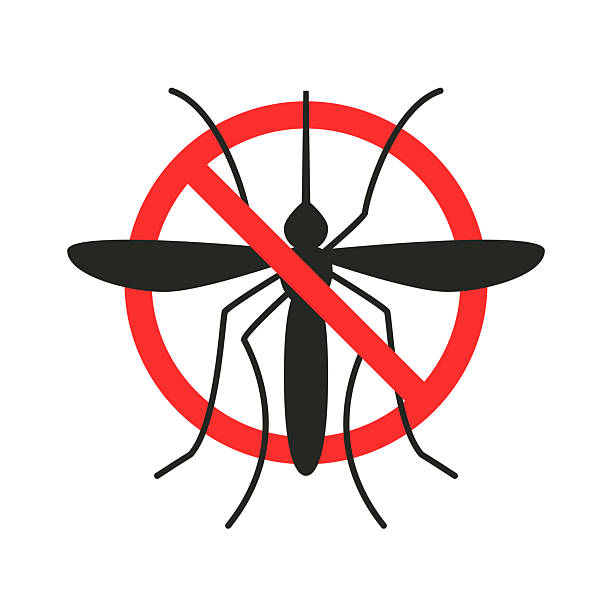By Deborah Bamisaye
Yes, there is a ‘World Chocolate Day’, which is celebrated globally every year on July 7; which means the 2025 edition is celebrated already. This day honours chocolate in all its forms – bars, truffles, cakes, hot chocolate and more. How did it all start? The historical date was in 1550 when chocolate was first introduced to Europe. So, July 7 is significant as it commemorates the beginning of chocolate’s global journey and its cultural and culinary evolution.
The celebration began in 2009 and encourages chocolate lovers worldwide to indulge in their favorite treats ‘guilt-free.’ It also highlights the rich history and cultural significance of chocolate, as well as its health benefits like mood improvement and antioxidant properties.
Other notable chocolate-related days exist globally, such as International Chocolate Day on September 13, National Chocolate Day in the U.S. on October 28, Ghana’s Chocolate Day every February, Nigeria joins to celebrate every July 7th with beverage brands like Promasidor’s Miksi Chocolate, Cowbell Chocolate, etc; holding activities including recreational games, face painting, puzzles and more in Lagos – in order to create awareness about chocolate consumption and highlighting the uniqueness and quality of Nigerian cocoa products.
Nutritional and Health Benefits
Chocolate with high cocoa content, offers several health benefits mainly due to its rich ‘polyphenols’ and ‘flavanols’, which are antioxidants that are found in the cocoa beans from which they are made.
However, benefits are primarily associated with ‘dark chocolate’ that is rich in cocoa and low in added sugars and fats. Excessive consumption can lead to weight gain and other health issues.
So, the moderate consumption of quality dark chocolate can provide antioxidant-rich health benefits, especially for heart and brain health, due to its bioactive compounds.
Let’s explore what researchers have to say about this:
– Cardiovascular health: Chocolate consumption has been linked to lower risk of coronary heart disease, stroke, and improved blood pressure and lipid profiles. It may improve blood circulation and reduce clotting, thereby lowering stroke and heart disease risk.
– Cholesterol improvement: Studies show dark chocolate may help increase HDL (“good”) cholesterol and lower LDL cholesterol, promoting better heart health.
– Metabolic effects: Something evidence suggests chocolate can help regulate insulin sensitivity and may aid in diabetes prevention or management.
– Nutrient content: Dark chocolate contains essential minerals such as iron, magnesium, copper, and manganese, contributing to its nutritional value.
– Other potential benefits: Emerging research points to possible skin health effects, antimicrobial, anticancer, and mood-enhancing properties, though these require further studies before definite conclusions can be made.
Long-term Cognitive Function
We need to look at the benefit closely for our children and the fact that the present-day society links forgetfulness to aging. Can chocolate help? The answer is an emphatic ‘Yes!’
– Chocolate’s flavanols may enhance brain blood flow and cognitive performance, potentially protecting against memory decline and improving task performance in adults and children.
– Dark chocolate is rich in cocoa flavanols and is associated with supporting cognitive function for long-term. Multiple studies indicate that regular chocolate consumption correlates with better cognitive performance over time.
– In one of the researches, a whopping 30-year observational study with nearly 1,000 participants found those who ate chocolate at least once a week scored significantly higher on cognitive tests than those who rarely do or who never ate chocolate, regardless of cardiovascular or other risk factors.
– Cocoa flavanols have antioxidant and anti-inflammatory properties that improve brain blood flow, oxygenation, and neurovascular health – all critical for cognitive function and potentially protective against age-related decline.
– Clinical trials have demonstrated improved memory, executive function, concentration, and reduced mental fatigue after weeks or months of daily dark chocolate or high-flavanol cocoa supplementation, supporting a beneficial effect on cognition under normal and stressed conditions.
– Benefits appear strongest in older adults or those with mild cognitive impairment, where cocoa flavanols may slow memory decline by enhancing hippocampal blood volume and function.
However, there is need for large-scale randomized trials to establish causation and optimal chocolate types and doses for cognitive benefits.
The Market and High Sugar Content Chocolates
Most chocolates available on the market, especially milk chocolate, tend to have high sugar content, often making them too sugary for those watching their sugar intake.
Milk chocolate typically contains more than double the sugar found in many dark chocolates because it includes milk solids and added sugar for a sweeter, creamier taste. For example, a 45g milk chocolate bar can contain about 25g of sugar, while a similar-sized dark chocolate bar with 70-85% cocoa has roughly 10-12g of sugar.
Dark chocolate with higher cocoa content (70% and above) not only has less sugar but also contains more antioxidants and beneficial compounds. However, sugar content can vary by brand and recipe, so it’s important to check nutritional labels to find chocolates with lower sugar.
If you find most chocolates too sugary, switching to a more expensive dark chocolate with high cocoa content (70% or higher) is the healthier option with significantly less added sugar, supporting better blood sugar management and overall health.
– A study from Nigerian researchers (Aikpokpodion Paul E. and Asowata F.E.) examined heavy metal contamination in imported chocolates sold in Southwestern Nigeria. They found that moderate consumption of about 20g daily likely poses no significant health risk for children but advised moderation due to possible lead exposure effects at high intake.
– Cocoa industry experts in Nigeria, such as Mr. M.O. Abolarinwa (a notable head in the Cocoa Association of Nigeria), advocate for increased local chocolate consumption, especially among children, to improve health awareness and build a culture of cocoa use. Although not medical doctors, their public health stance supports chocolate’s nutritional benefits if consumed reasonably.
Age and Chocolate Consumption
There is no specific age at which people must or typically stop eating chocolate. Chocolate is enjoyed worldwide by people of all ages – children, adults and seniors alike.
– It can be consumed throughout life in moderation, unless a person has specific health concerns or allergies that require avoidance.
– Parents may limit chocolate for young children due to sugar and caffeine content, but there is no medically required age to stop eating chocolate.
– Older adults can continue to enjoy chocolate. However, individuals with certain conditions, such as diabetes, migraines sensitive to chocolate, or allergies, may choose to limit or avoid chocolate at any age.
– On personal and dietary preferences, some may choose to stop eating chocolate due to taste, lifestyle, or personal health philosophy but this decision is individual-based.
In essence, enjoying chocolate does not have a universal age cut-off. The decision to stop eating chocolate is based on individual health needs and personal preference, not just age.
Remembering stories and being able to articulate clearly is the work of a good brain that may have been chocolate-pampered. You don’t want to be lost in trying to recall, while discussing something very important with someone, do you? “So, are you ready to renew your chocolate subscription?” “Really? Me too!”





